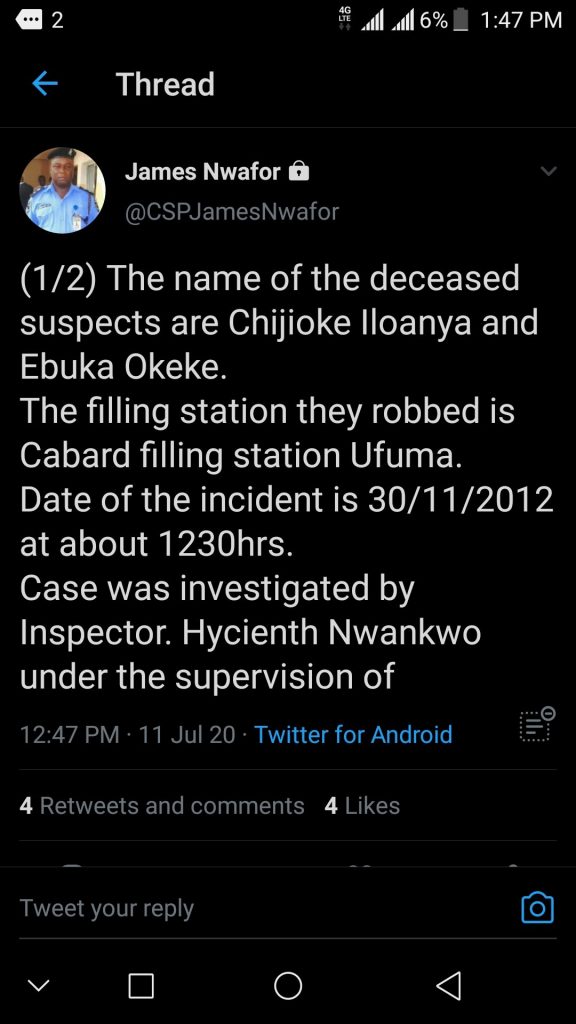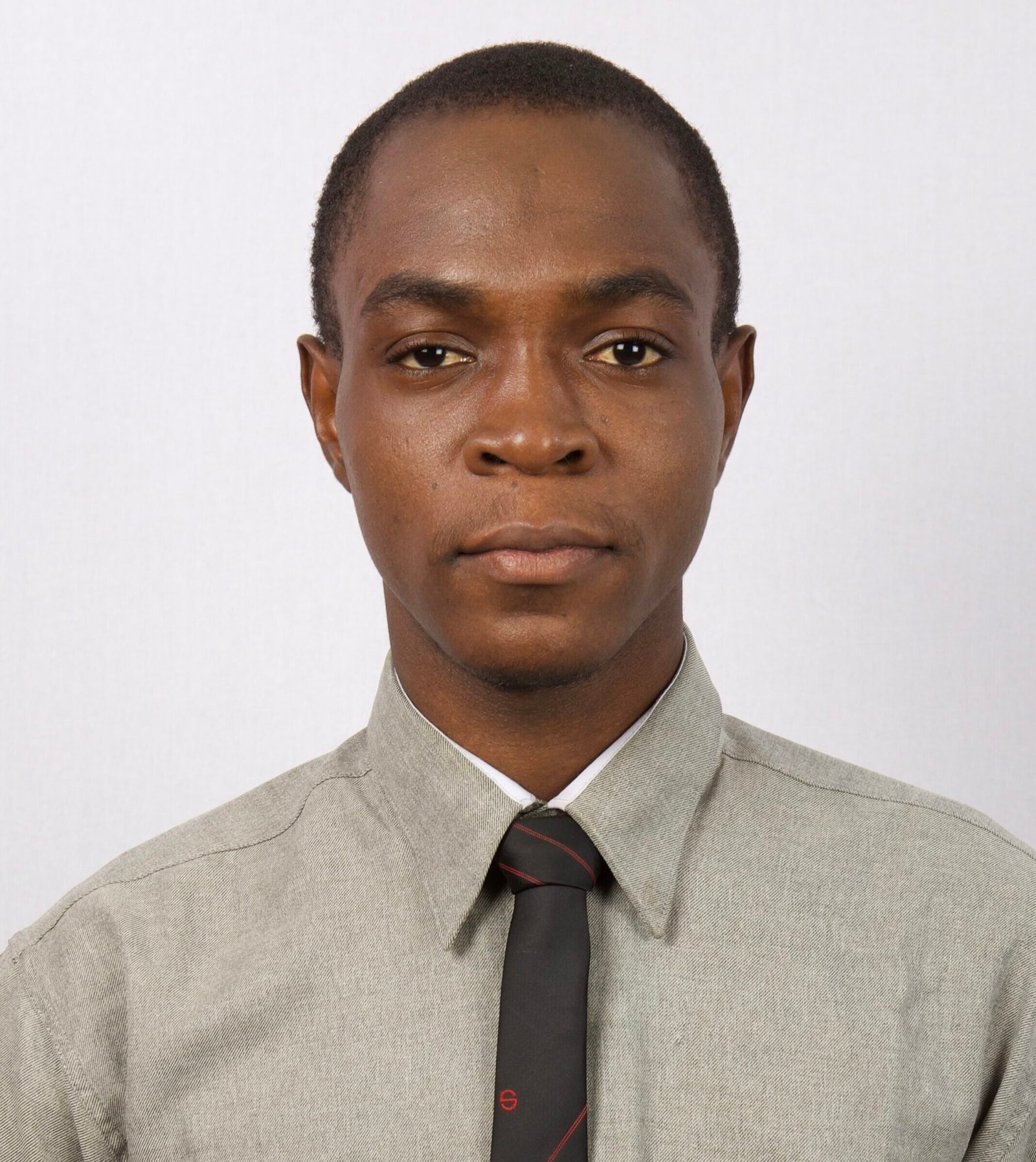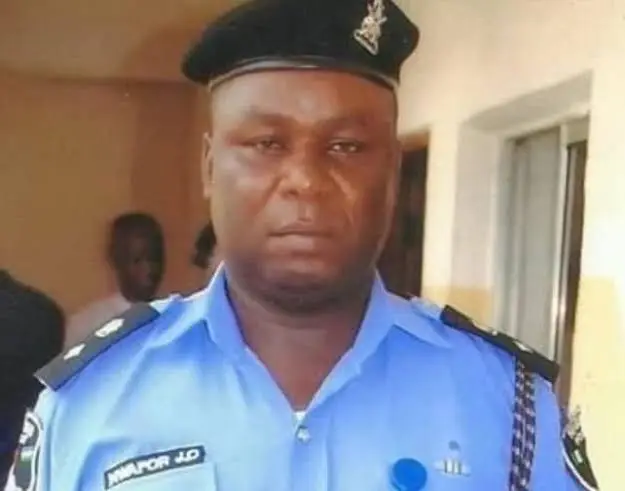In November 2012, police stormed Chijioke Iloanya house in Anambra and arrested him for public disturbance. As it turned out, what was disturbing the public was the generator roaring at his backyard. The following day, his parents arrived at Ajali police station where he was being held but they were told their son had been transferred to another police station at Awkuzu, a place where SARS officers used to operate. At this instance, they knew their son’s life was in danger.
Between 2011 and 2012, Awkuzu SARS was notorious among Anambra residents as a police-running ‘abattoir’ where arrested victims were tortured and slaughtered. Chijioke’s parents became unrest knowing where their child has landed. They hurriedly appeared at Awkuzu to see their son. At the station, they had been told their son was not in custody before the father saw his child on their way out where he was locked. After identifying him to the SARS officers, James Nwafor, the Officer-in-charge, ordered the parents’ forceful ejection from the station.
For almost one week, Chijioke’s parents continued reappearing at the SARS station hoping to see their son again, not knowing their next meeting might not be in this life, perhaps the next. It has been almost ten years since Chijoike was arrested, the only place his parent would see his shadow was in their dream.
“Yes, my parents are still in pains,” Obinanuju Iloanya, Chijioke’s sister, who has been fighting for justice for his brother, told FIJ. “Sometimes I feel like trash, sometimes I do regret telling his story. Most times, I’m convinced it was the right thing to do.”
One time, Obinanuju recalled, his parents booked an appointment with Nwafor. But the trigger-happy SARS officer told them ‘if it is the boy you saw last time you are looking for, I’ve already killed him.’ And he dared them afterwards to do their worst.
Her mother who had lost a child in 2010 fainted immediately.
People told Obinanuju’s parents that he must be bluffing and that all he needed was money. This sounds right to a father who was ready to do anything to save his son.
“My dad sold part of his land and attempted to give him the money. He told us he didn’t need our money that he has already killed my brother.”
To Obinanuju, even if his brother was a suspect in the greatest armed robbery ever committed in the history of Nigeria, he still retained the right to be tried in court.
Sometime in 2019, Obinanuju saw Nwafor on Twitter, she called him out asking for the whereabouts of her brother. In response, Nwafor said Chijioke was a suspect in a robbery operation.
“The names of the deceased suspects are Chijioke Iloanya and Ebuka Okeke. The filling station they robbed is Cabard filling station Ufuma. The date of the incident is 30/1/2012 at about 12:30hrs,” Nwafor wrote on his Twitter handle in July 2020.

To Obinanuju, even if his brother was a suspect in the greatest armed robbery ever committed in the history of Nigeria, as Nwafor wanted the public to believe, he still retained the right to be tried in court.
She questioned how Nwafor confidently called a suspect ‘deceased’, as expressed in his tweet, with nobody questioning why and how.
“Why are they not prosecuting James Nwafor, why is he not being prosecuted?” Obinanuju said. “I just want justice. My parent has refused to do any form of burial for my brother. We are holding onto hope and believing that we will get a body someday or be pointed to a place where he was buried. My mother however believes that he’s alive and that he will come back someday.”
Borokiri SARS: The Gate of Hell
When Okah Edede saw the thread about the horrors committed at Awkuzu on Twitter, with his experience, he was convinced that Awkuzu SARS must be the second twin of Borokiri SARS in Rivers State.
“Even with medical evidence that I was SS,” he narrated in his tweets titled ‘The Gates of Hell’, “I was tortured beyond redemption.” While at Borokiri, they wanted him to sign a prewritten statement, but he was able to convince them to write everything they wanted in his own handwriting.
Then he wrote: “I am narrating this account based on the opaque and stygian Byzantine antics of fiendish inquisitors that have seared my free will with hieroglyphs of pain like Dante’s depiction of Hades.”
When the officer questioned him what he was writing, he told him that ‘fiendish’ meant friendly and ‘Byzantine’ meant helpful and kind. He also explained ‘inquisitors’ as another word for intelligent police investigators who do not use torture.
Then the officer whom Edede has discovered to be illiterate said to him, ‘na wa for you o, all these lecturer children na big big grammar una sabi’.
The officer was happy, Edede recounted. He now had a confessional statement to blackmail his parents so he agreed to give him his phone to call his dad.
When his dad arrived with a lawyer the following day, the officer was full of confidence to tender the confessional statement. His father’s lawyer told them the statement would not stand in court, they disagreed. After a few minutes of debate, and an intervention of another officer who appeared to have studied law, they realized the statement was full of trash.
Why are they not prosecuting James Nwafor, why is he not being prosecuted?” Obinanuju said. “I just want justice.”
Two days later, he left the detention, but he could not forget the experience he had for the whole two weeks he spent at the ‘gate of hell’.
“I witnessed evil. Names were called out at night and the bearers of those names were never seen again. The cells of SARS Borokiri do not have ventilation. Cell 1 and cell 2 are for those with a high probability of survival. Cell 3 was a 50-50 Russian roulette and cell 4 and 5 were for the condemned.”
When SARS Borokiri got hold of him, they put him in l 3 the first week, then after his written statement, he was moved to cell 5. Cell 1 when his dad arrived with a lawyer before finally leaving the “gate of hell.”
“To date, I still think of that place and the wretched and beleaguered souls that suffered and wasted there,” he narrated.
Following a nationwide protest that accused operatives of the Special Anti-Robbery Squad of extrajudicial abuse, the National Executive Council, on October 15, 2020, directed all state governors to constitute a Judicial Panel of Enquiry to investigate the complaints of police brutality with a view to delivering justice to the victims. Anambra Judicial Panel received the highest number of petitions with 150 complaints. Unfortunately, for more than a year, the victims still wait for justice to be dispensed.
After several accusations during the protest, Willie Obiano, Anambra State Governor, sacked James Nwafor as his senior special assistant on security and promised to prosecute him. But his promise is yet to manifest.
“Justice delay is justice deny,” Obinanuju said. “James Nwafor is still at large, he still roams the street of Anambra. He had told us there is nothing we can do, and we have not been able to do anything other than seek justice which has never come.
“It doesn’t get any easier but I’m alive, and I won’t stop advocating [for justice]. I don’t intend to rest until I achieve that.”














